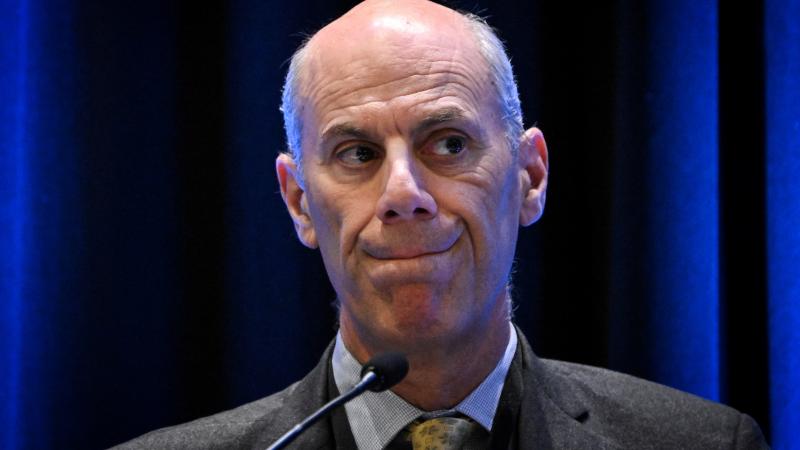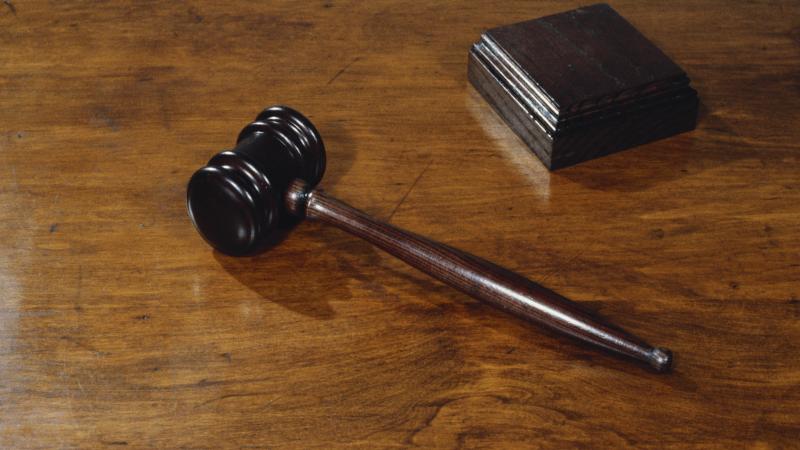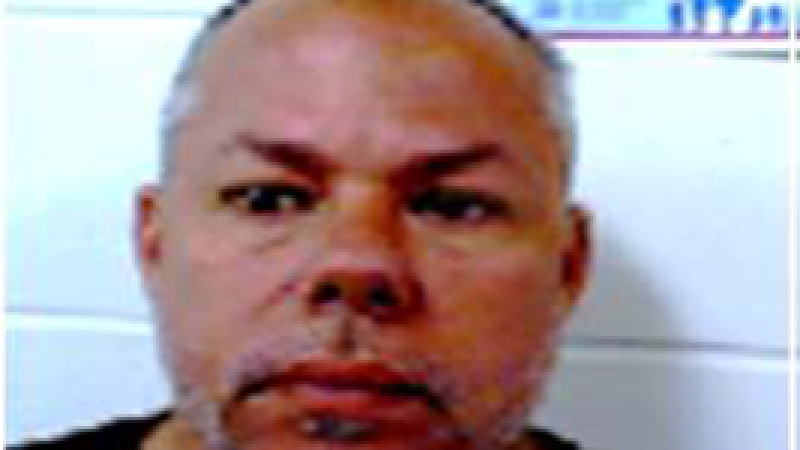Supreme Court to hear case on Rastafarian man whose dreadlocks were cut by prison guards
Supreme Court to Hear Case on Rastafari man Whose Dreadlocks Were Cut by Louisiana Prison Guards
The Supreme Court on Monday agreed to hear the case of a former Louisiana prison inmate and Rastafarian whose dreadlocks were cut by guards, in violation of his religious beliefs.
The former inmate, Damon Landor was moved to Raymond Laborde Correctional Center three weeks before the end of his five-month sentence in 2020. While at the state prison facility, guards cut his dreadlocks.
Landor had not cut his hair in almost 20 years for religious reasons and even presented the guards with a copy of an appeals court ruling that dealt with a similar case stating that cutting a religious person’s dreadlocks is a violation of the Religious Land Use and Institutionalized Persons Act, according to the Associated Press.
The guards threw the ruling in the trash and opted for cutting Landor’s dreadlocks to abide by the grooming requirements of the state correction center, according to court records. The grooming requirements have since been amended to prevent a similar conflict in the future.
After his release, Landor tried unsuccessfully to sue the Louisiana Department of Corrections and those who cut his hair.
The 5th Circuit Court of Appeals sympathized with Landor, but said that the law did not allow for prison officials to be held responsible for damages.
The Trump administration supported Landor’s right to sue and encouraged the Supreme Court to take the case.
Meanwhile, Louisiana acknowledged that Landor had been mistreated, but still asked the courts not to hear the case.
Rastafari is a religious and cultural movement from the 1930s Jamaica based on Protestant Christianity, mysticism, and pan-African political consciousness, according to Britannica.













